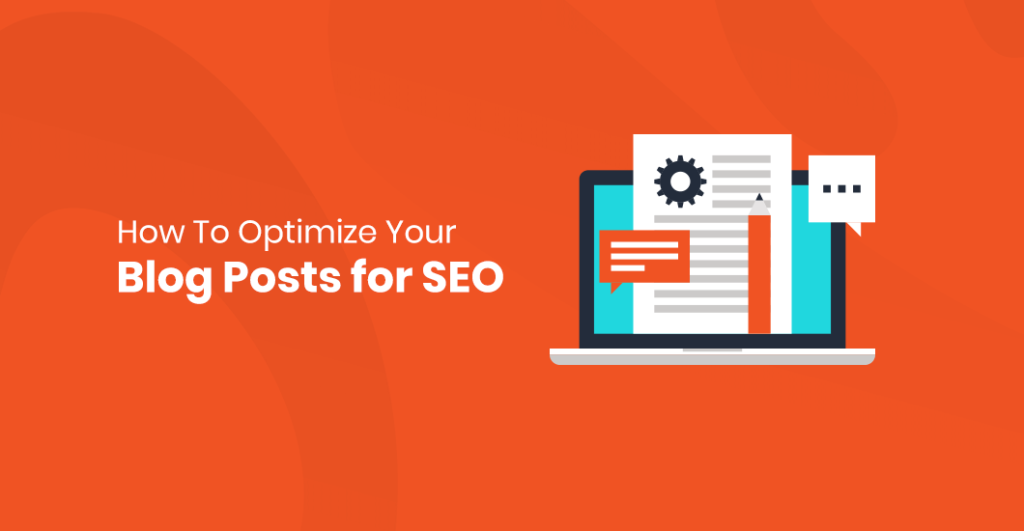Blogging has become an integral part of content marketing strategies for businesses and individuals. A well-written blog post can attract new visitors to your website, engage your existing audience, and improve your search engine rankings. However, creating great content alone is not enough to attract search engines’ attention. To ensure your blog posts are easily discoverable by search engines and rank higher, you need to optimize your content for search engines.
Here are 11 tips to optimize your blog posts for SEO:
- Do Keyword Research: Keyword research is the foundation of every successful SEO strategy. You need to find out what keywords your target audience is using to search for information. Use tools like Google Keyword Planner or SEMRush to identify high-traffic keywords related to your topic.
- Use Your Keywords Strategically: Once you have identified your target keywords, use them strategically throughout your post. Use the keyword in your post title, subheadings, and the first paragraph. Also, try to include the keyword naturally in the body of your post.
- Optimize Your Post Title: Your post title is one of the most critical elements of your blog post. It should be both compelling and optimized for search engines. Use your primary keyword in your title and make it descriptive and engaging.
- Write Quality Content: Quality content is essential for both your readers and search engines. Search engines rank high-quality content that provides value to readers. Make sure your post provides valuable information and is well written and easy to read.
- Optimize Your Meta Description: The meta description is the text that appears below the title on the search engine results page. It is an opportunity to entice readers to click on your post. Use your target keyword in the meta description and make it engaging and informative.
- Use Header Tags: Use header tags (H1, H2, H3) to break up your content into sections. Header tags help search engines understand the structure of your post and can improve your rankings.
- Optimize Your Images: Images can help improve the readability of your post. Use alt tags to describe your images, and compress your images to improve your page load speed.
- Internal Linking: Internal linking helps search engines understand the relationship between your posts and pages. Link to relevant posts or pages within your website to improve your rankings.
- External Linking: External linking can also improve your rankings. Link to high-authority sites related to your topic to provide additional value to your readers.
- Use Social Media: Social media can help promote your blog post and drive traffic to your website. Share your post on social media and encourage your followers to share it as well.
- Monitor Your Results: Finally, monitor your results using tools like Google Analytics. Analyze your traffic, bounce rates, and engagement rates to identify areas for improvement and adjust your strategy accordingly.
In conclusion, optimizing your blog posts for SEO can help improve your search engine rankings and drive more traffic to your website. Use the tips above to ensure your blog posts are easily discoverable by search engines and provide value to your readers. Remember to create quality content, use your keywords strategically, and monitor your results to continually improve your SEO strategy.

